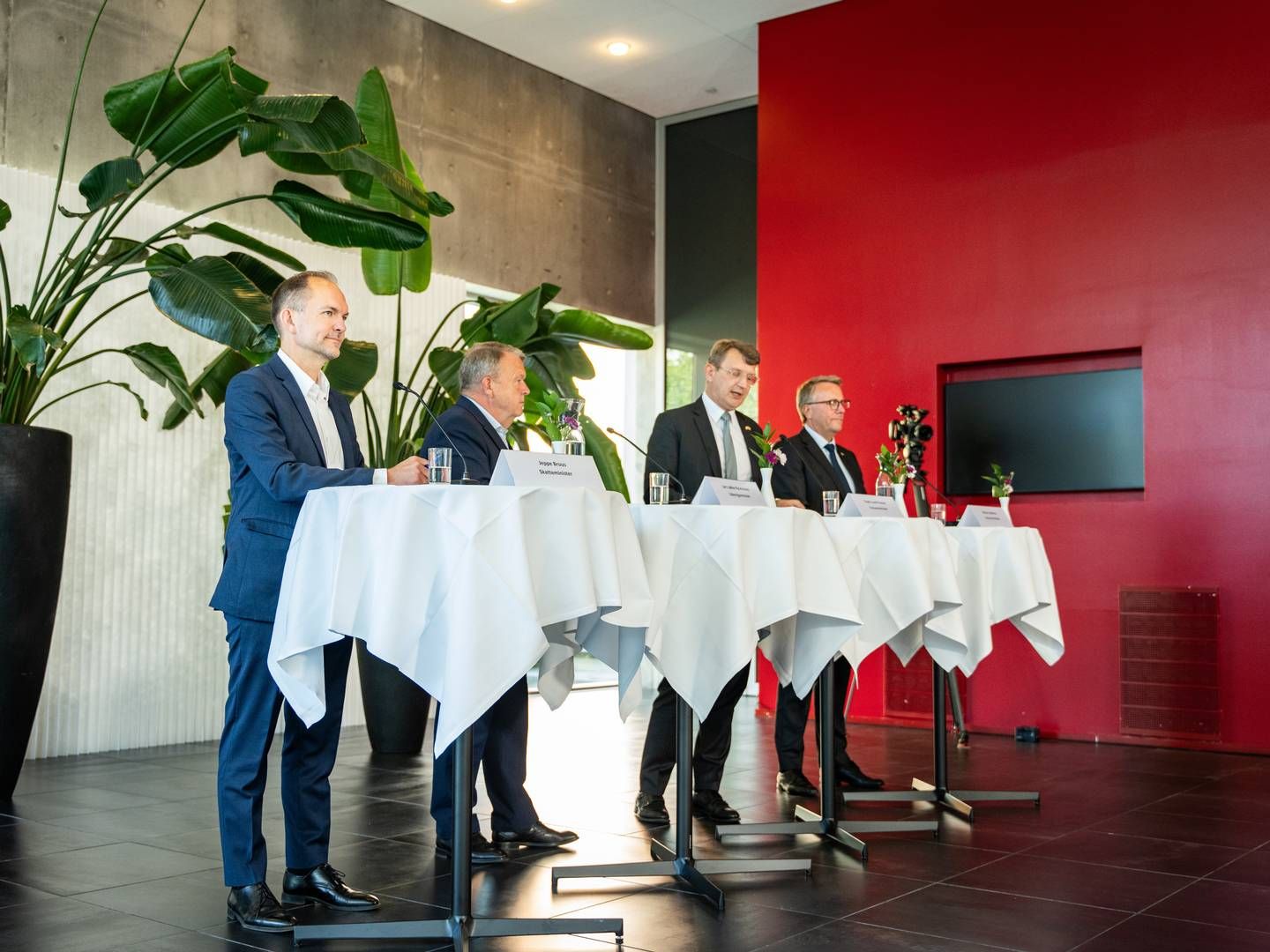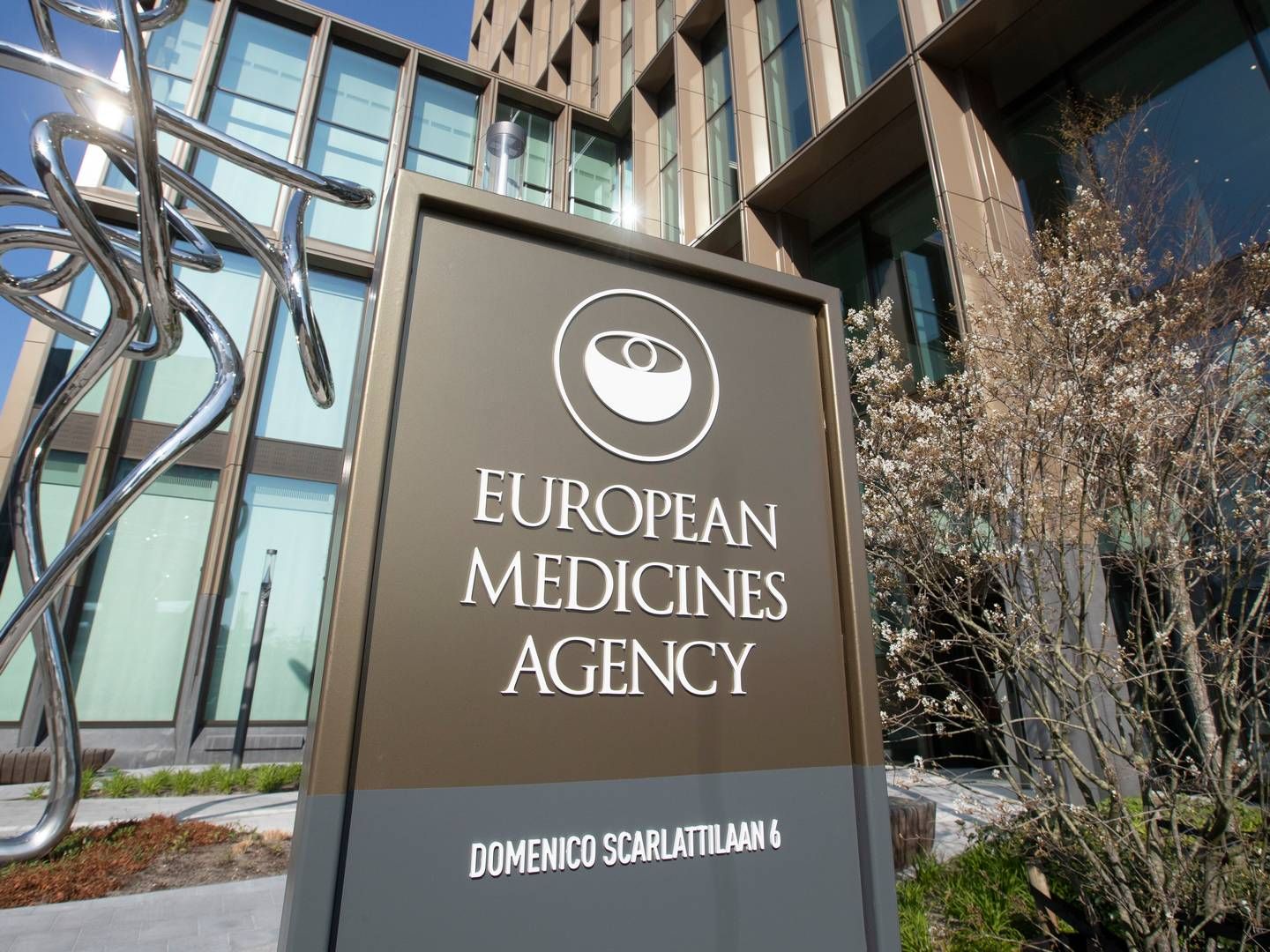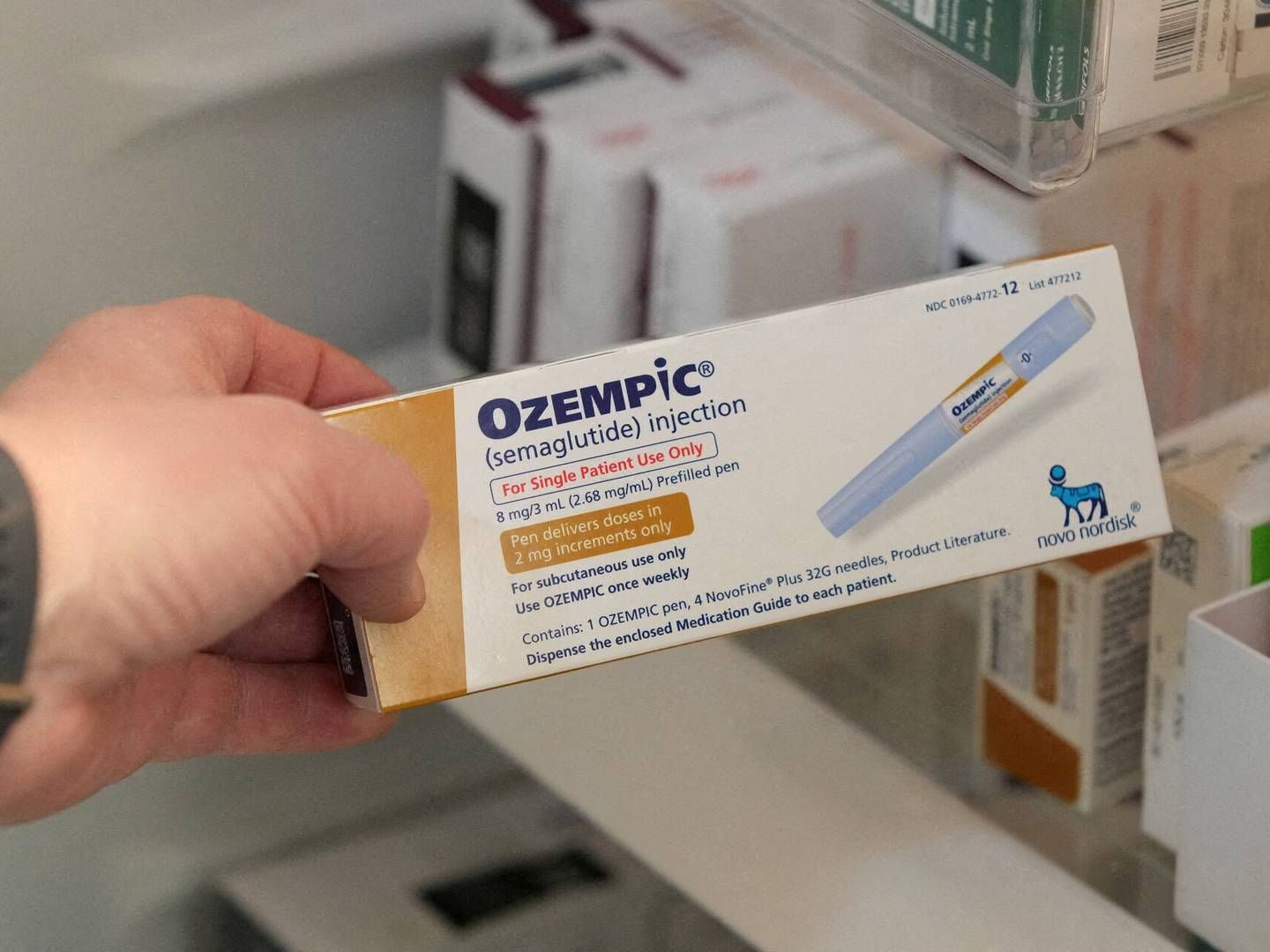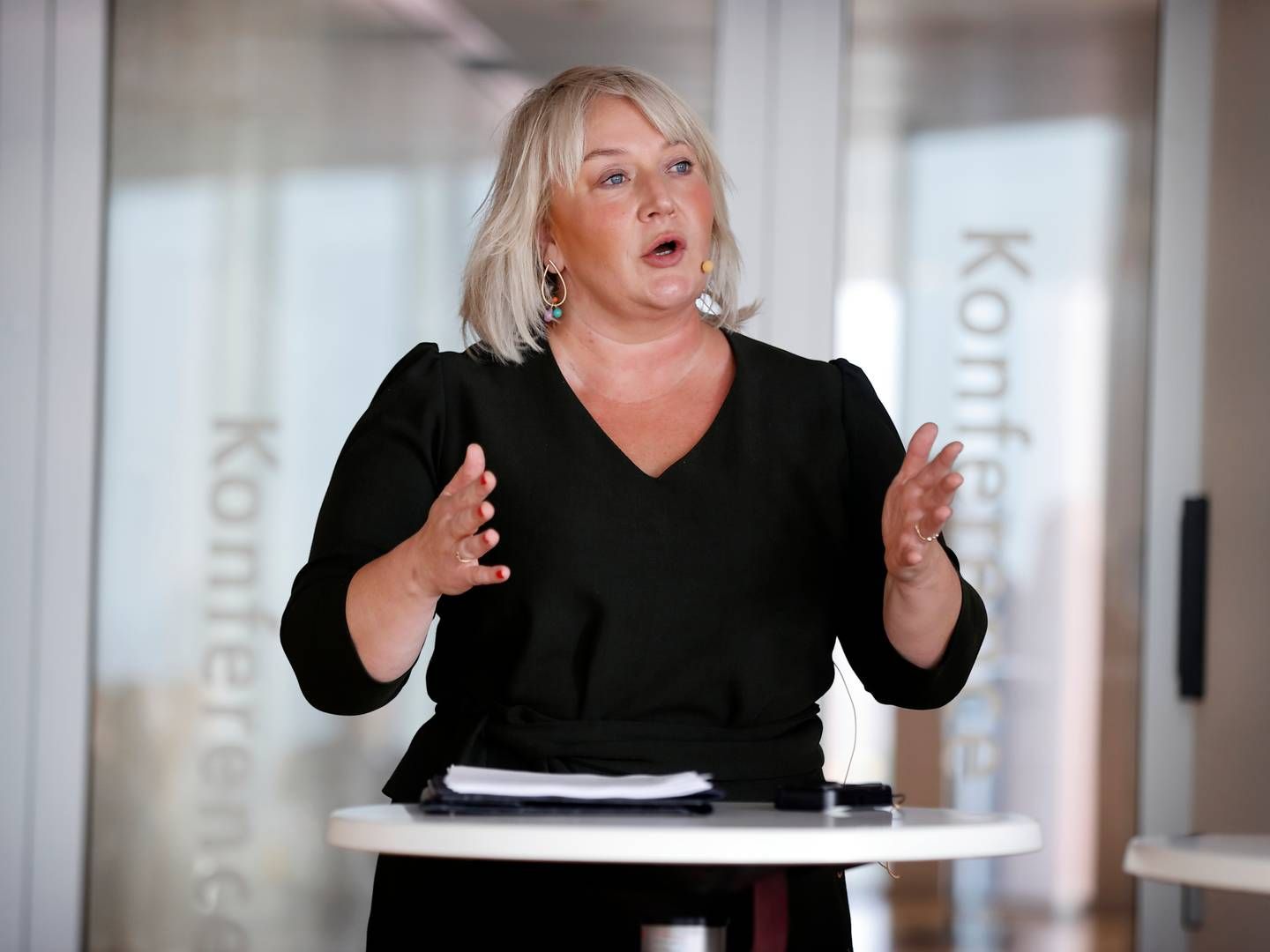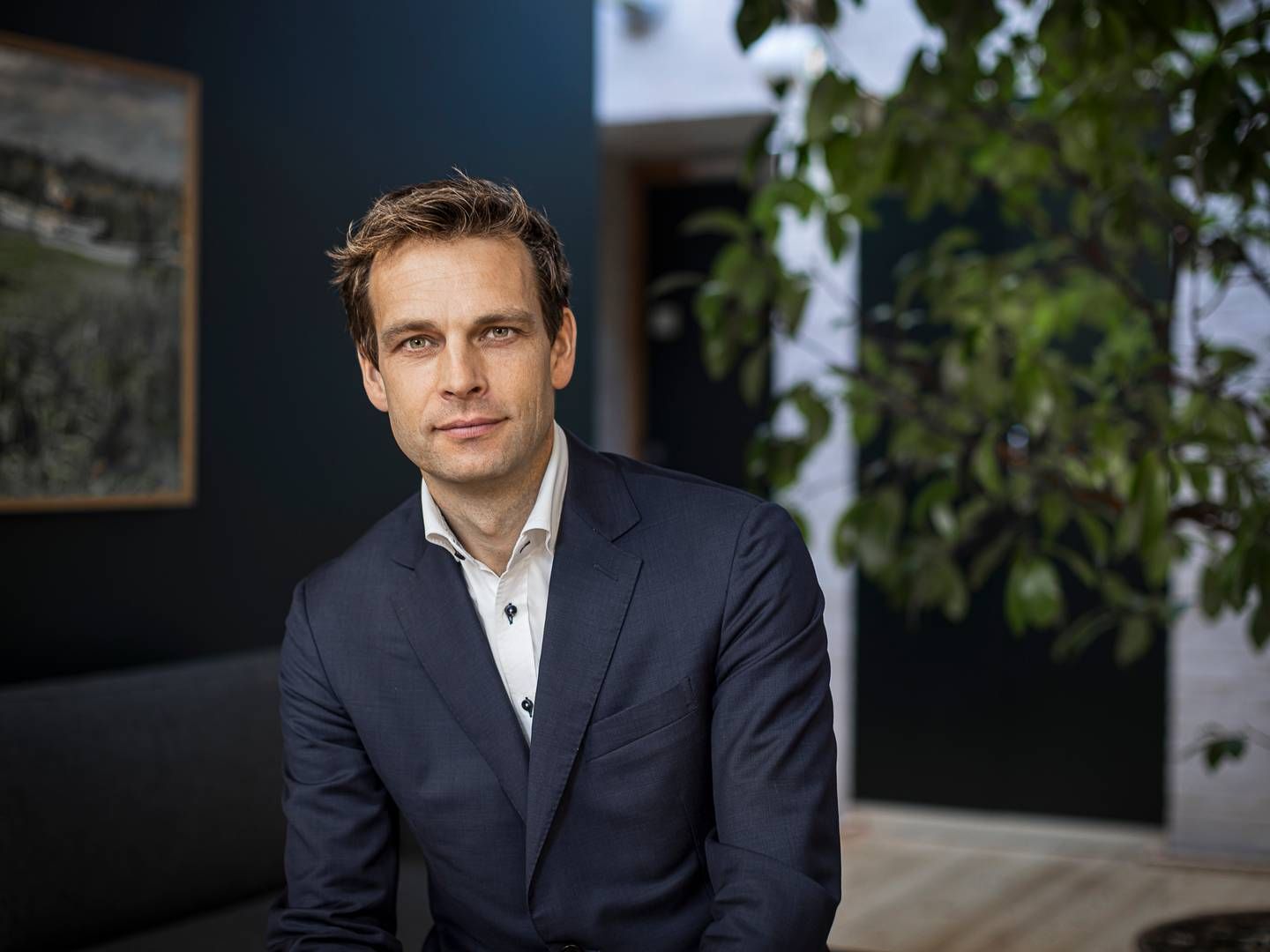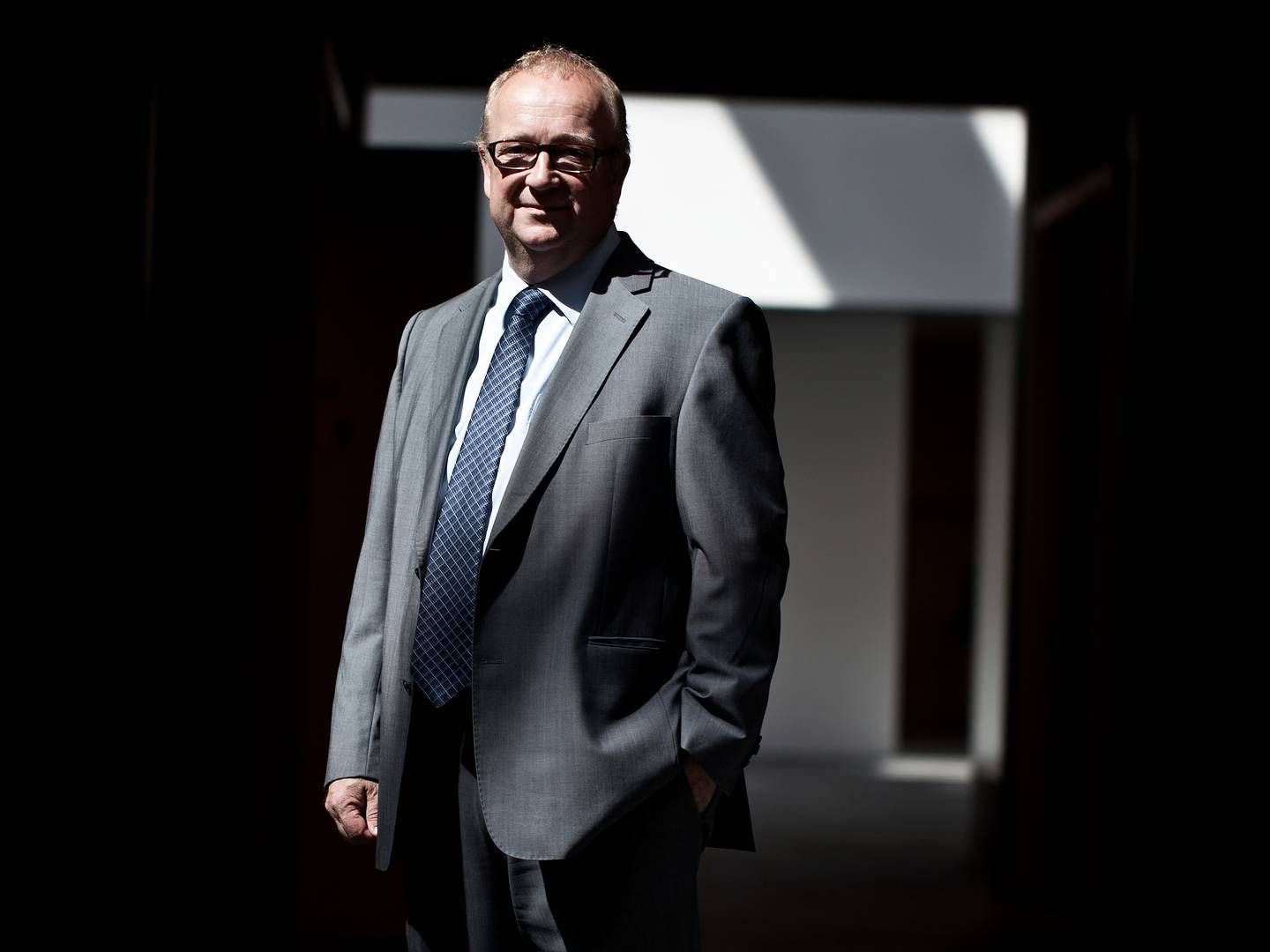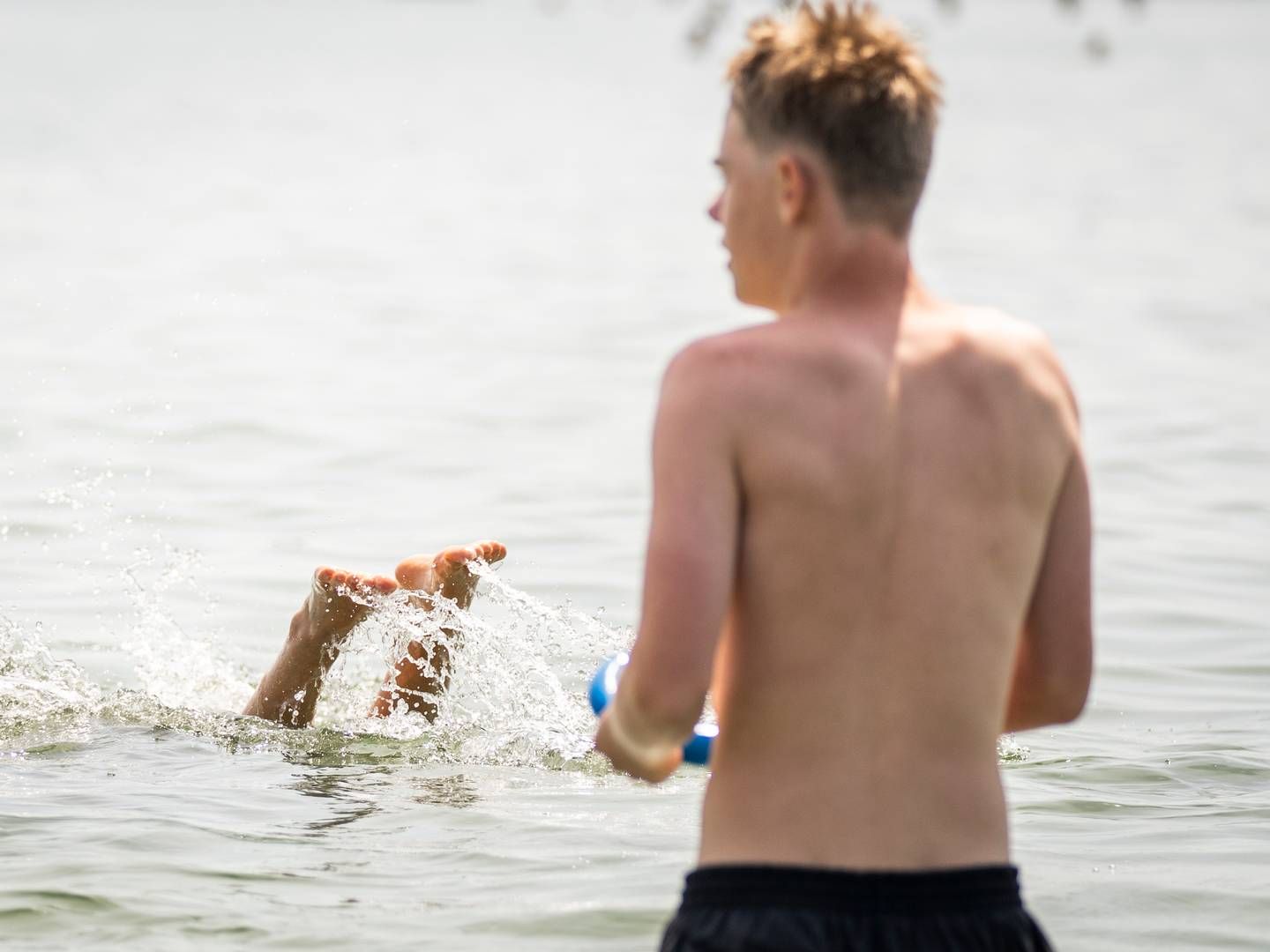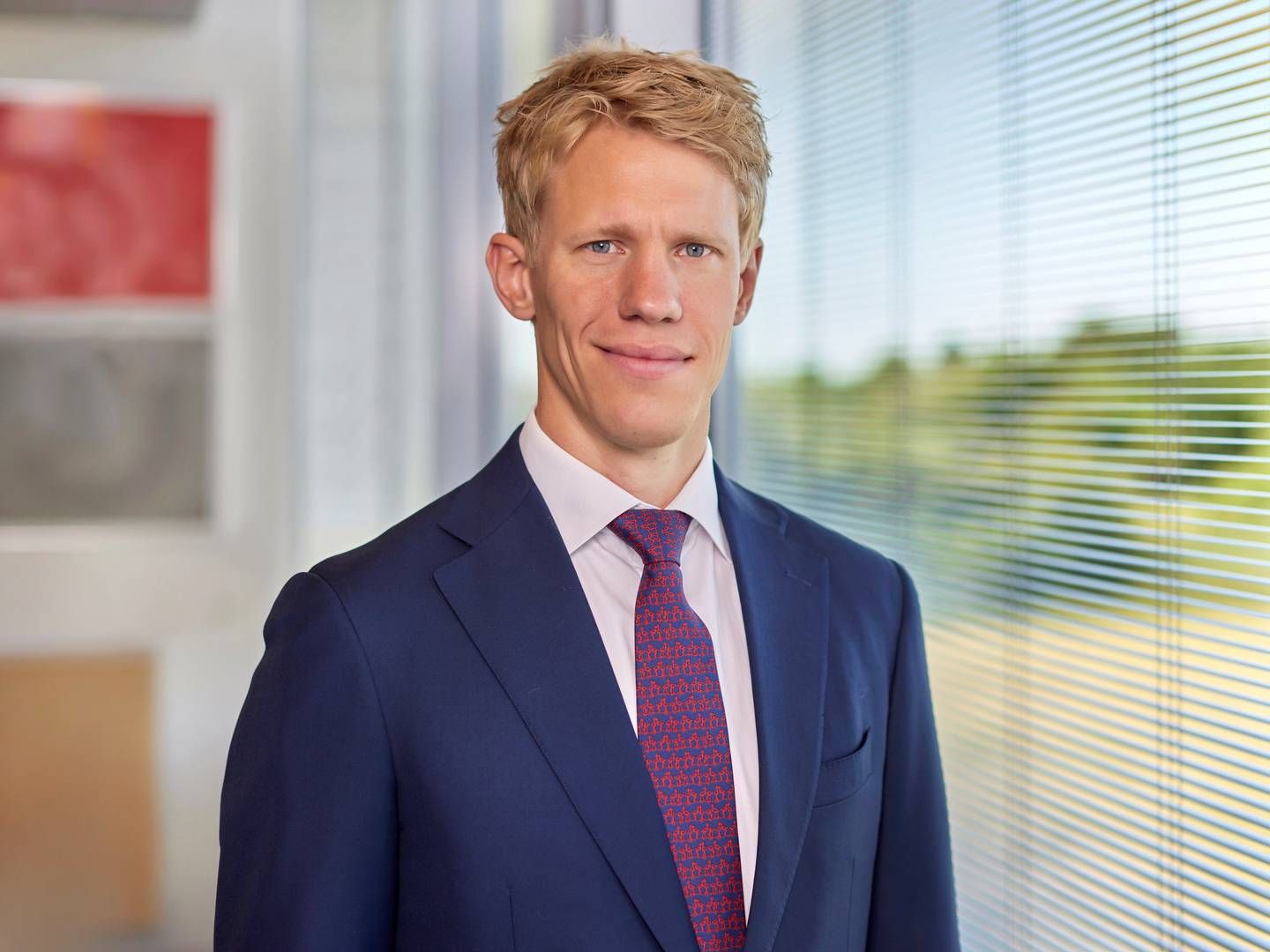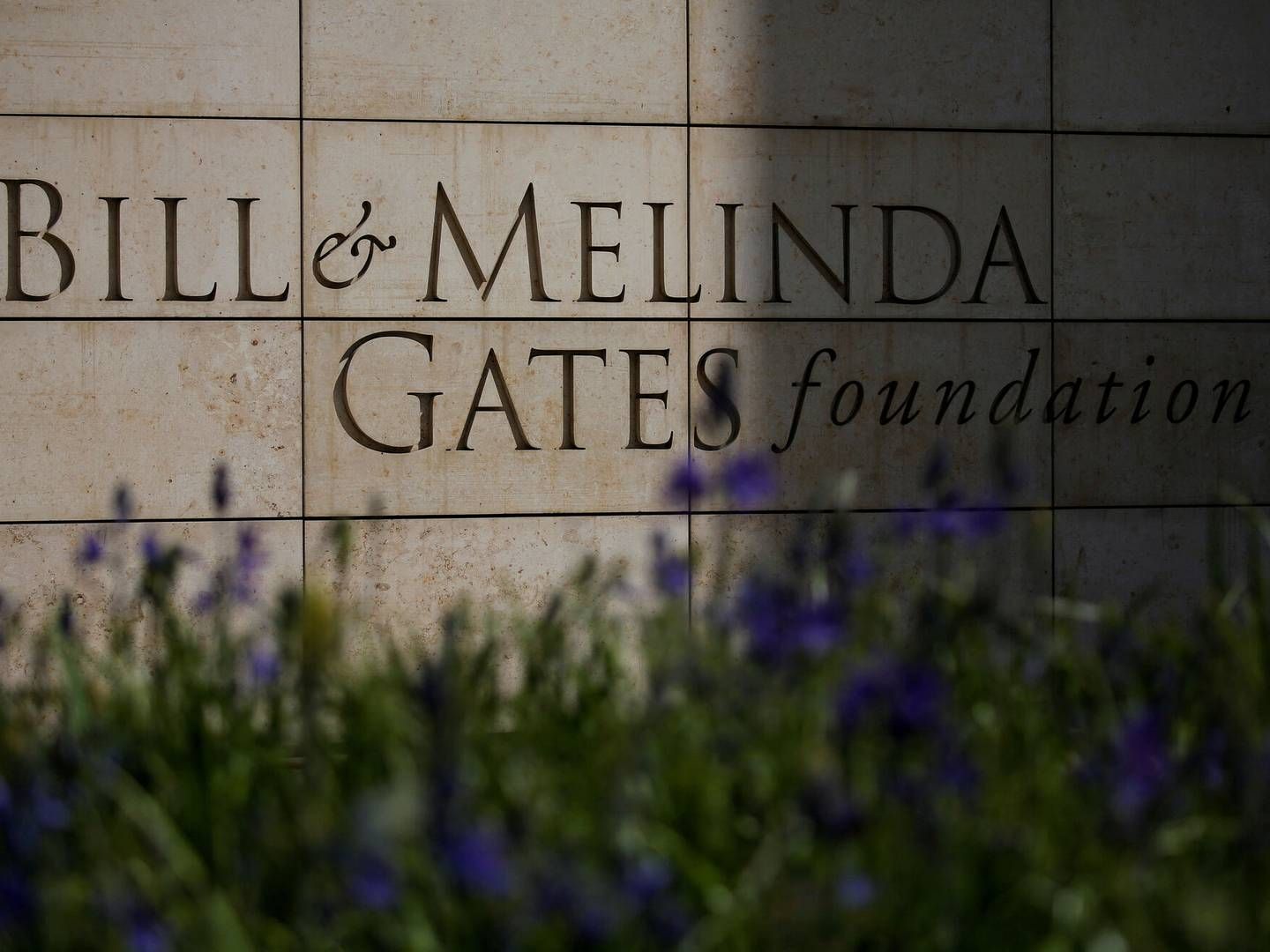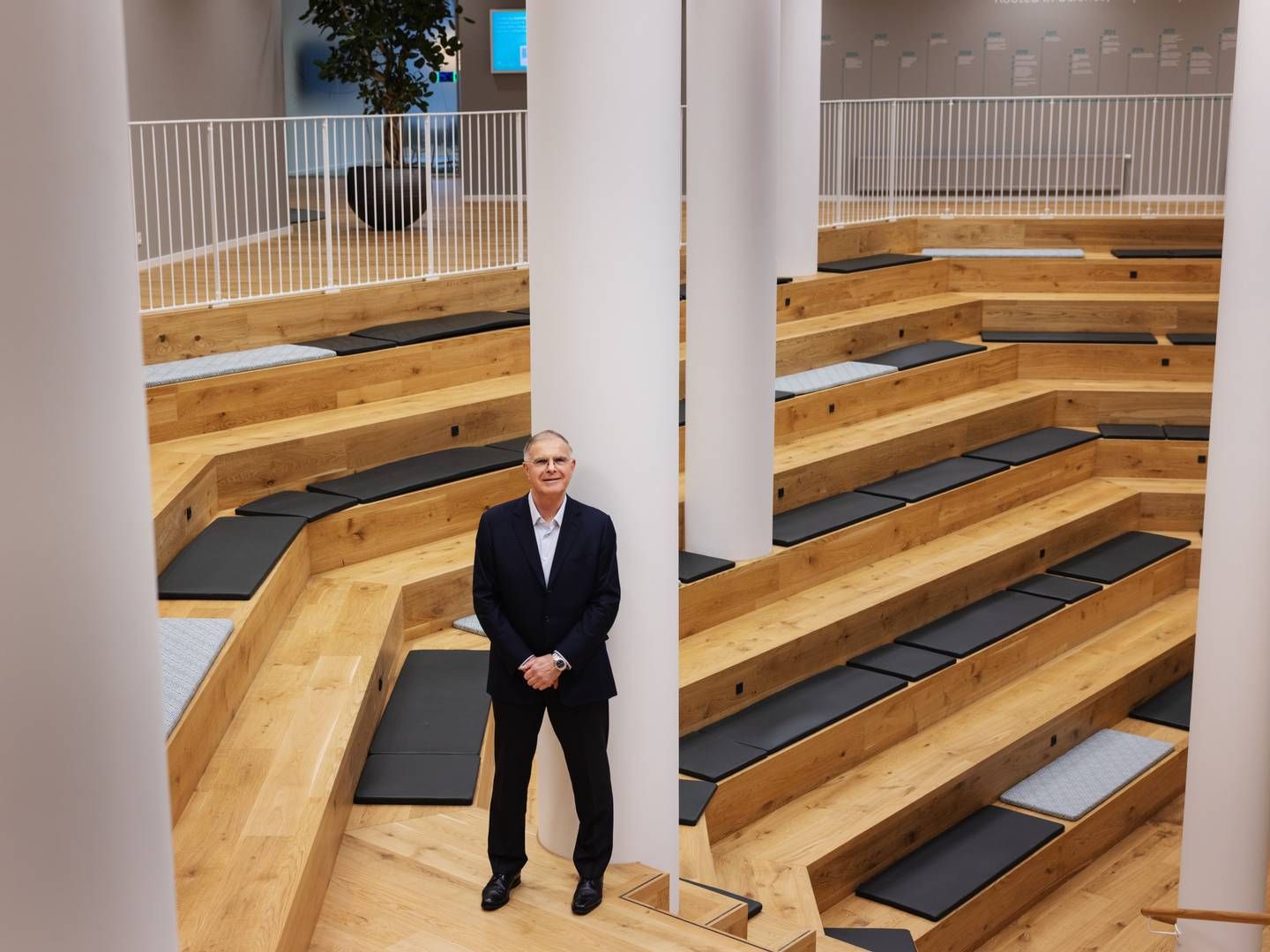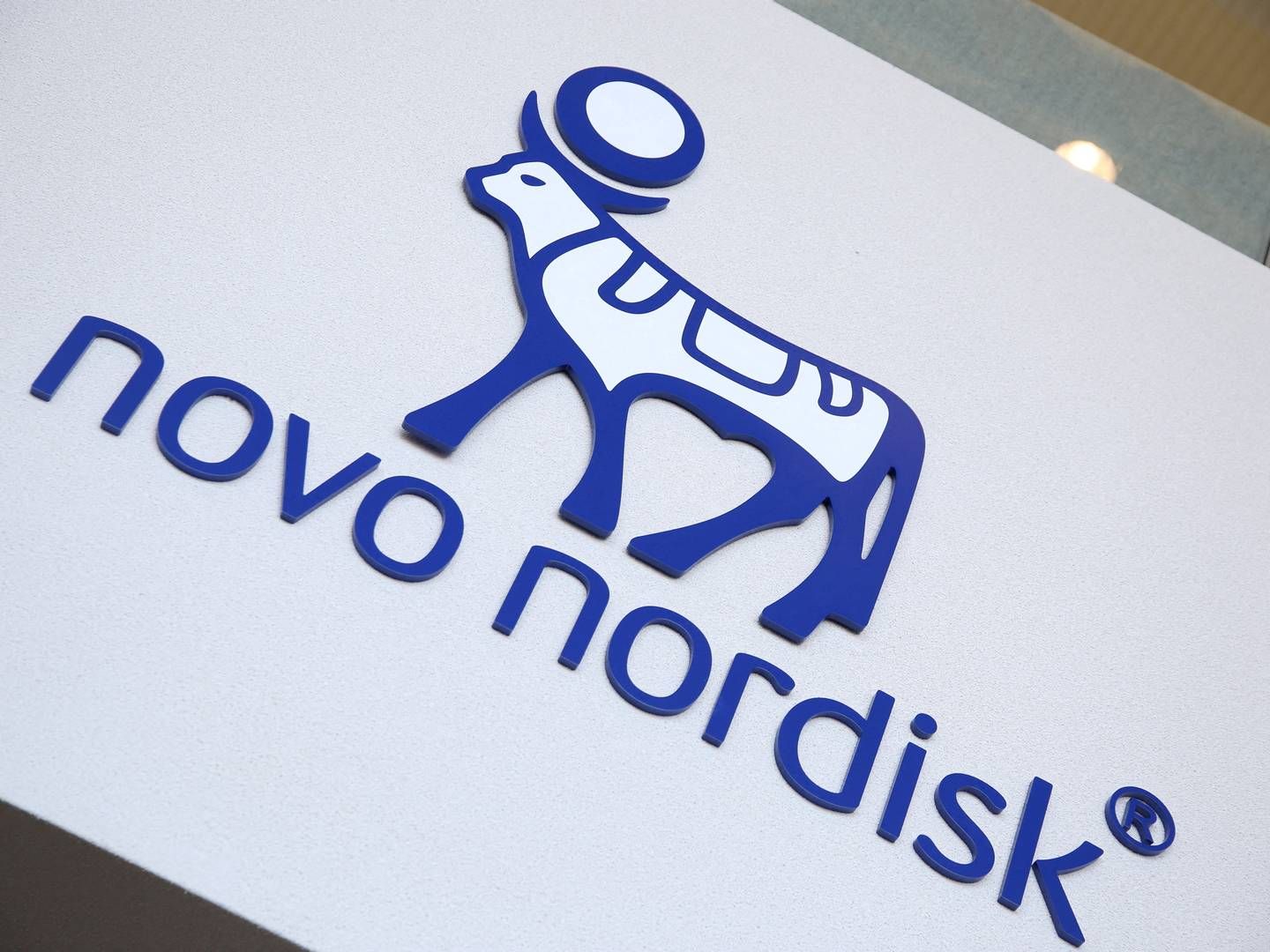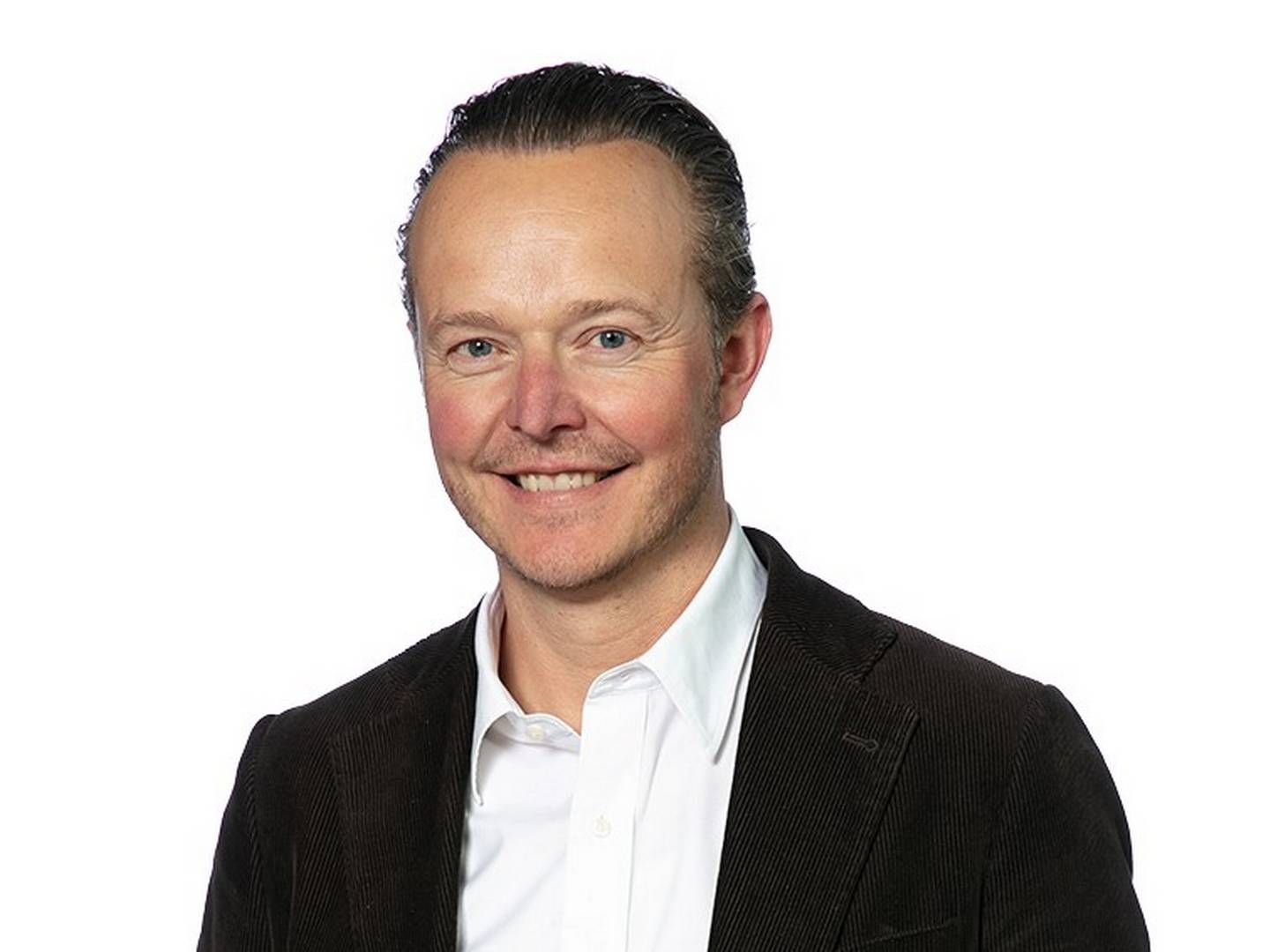Anker Lundemose has been involved in 15 biotech firms in 30 years: "I was never worried that it was too risky"
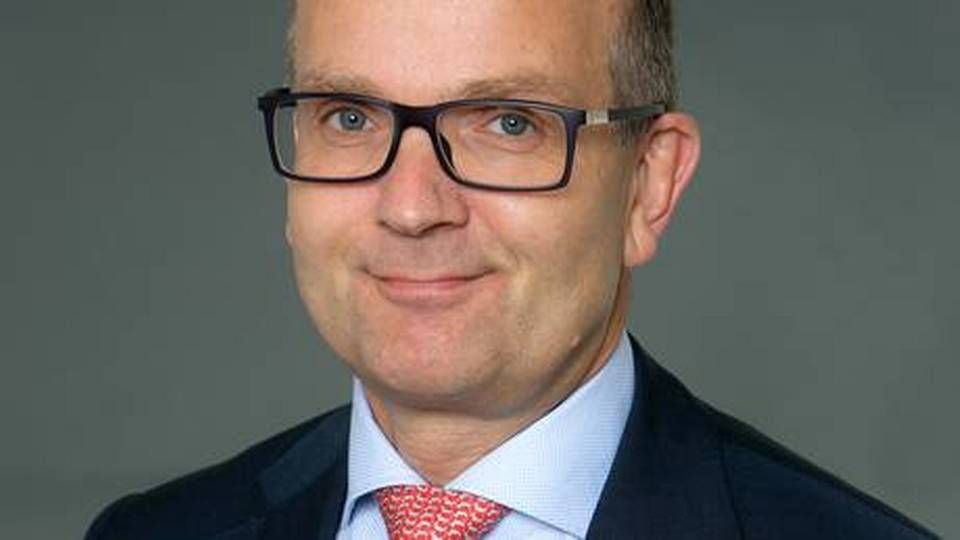
Anker Lundemose didn't spend much time worrying about job security when he quit his job at Novo Nordisk and threw himself into a new adventure as a biotech entrepenuer in the 90s.
"I didn't think about it at all. I had a completely firm and naive belief that everything would be fine," Anker Lundemose tells MedWatch.
The biotech boss, who was in his thirties at the time, had received close to DKK 90 million (USD 13.4 million) for the firm he had co-founded, Pantheco. This was the first time that the now-defunct investement firm Bankinvest had invested millions in Danish biotech companies.
"I thought it was incredibly exciting that Bankinvest had started a fund that made it possible to create these companies. Pantheco was founded 14 days before Genmab. Zealand Pharma, which is a success on the stock market today, was also founded at around that time," Anker Lundemose says.
"Of course I could have stayed at Novo Nordisk, but the other option was just too exciting. It had to be tried," he says.
Like Genmab, Pantheco became a success story, despite the fact that its first drug hope did not work.
Pantheco merged with biotech firm Cureon in 2003, got a new name - Santaris Pharma - and 11 years later the firm was sold to Roche for DKK 1.7 billion (USD 250 million) with over DKK 1 billion in milestone payments.
Anker Lundemose has never regretted his decision to leave Novo Nordisk for the biotech world - on the contrary, this decision was the foundation for the rest of a long career.
"The best thing I have done in my career is accepting the opportunities when they have been there. I was never worried that it was too risky. That strategy has paid off," says Anker Lundemose.
"My advice to others would be that if you have the chance to throw yourself into exciting new projects, companies or work abroad, you should still consider it, even if your family and friends might think it is risky," he continues.
Excitement is the driving force
Since Pantheco, Anker Lundemose has been involved in around 15 biotech companies. He has been the CEO of English firm Prosidion and Norwegian Bionor Pharma, and is currently a top executive at the English biotech firm Mission Therapeutics.
He has been a board member of companies such as Saniona and Symphogen and is currently on the board of Antag Therapeutics, Inthera Bioscience in Switzerland and Søren Bergenholt's company Macrophage Pharma in England.
As demonstrated in his CV, Lundemose specializes in the risky business of early stage biotech firms, where it is impossible to predict the future.
"Looking back at many of the companies I have been involved in, there have been lots of opportunities to work with talented and exciting people on groundbreaking and exciting technologies. That has been the driving force," says Anker Lundemose.
Quality boost in Danish biotech
In 2002, Anker Lundemose made another big career decision and said yes to a job in England, founding and leading a spinout company from OSI Pharmaceuticals that focusses on diabetes treatments.
The company was named Prosidion and Anker Lundemose's acheivements there included a patent portfolio of type DPP-4 inhibitors, which several years later was sold for DKK 4.1 billion (USD 610 million).
Anker Lundemose has lived in England since 2002, but has remained in close contact with his homeland through board positions, and most recently, a spot on the selection committee at the Novo Nordisk fund's support initiative Bioinnovation Institute.
He is impressed by the development within the Danish biotech industry that has happened since he partially withdrew from it.
"When I went abroad 17 years ago, I would have said to other people in the industry that they should go abroad, too. But since then, I must say that there has really been a quality boost in Danish research. An understanding of how to create high quality businesses and science has been reached - on a level that simply wasn't there 17 years ago," says Anker Lundemose.
Reaching the top
The experienced biotech boss also reports that there has been a culture shift, especially when it comes to newly educated biotech researchers and their career goals.
"When I was young, everyone wanted to be employed at the reputable firms like Mærsk or Novo Nordisk. You had to get into the "right places", and then your life and career just continued from there. But today, young people want to start their own businesses. They want to be entrepeneurs - whether it is biotech or fintech or whatever else. It is extremely exciting that Denmark has got to this point," says Anker Lundemose.
This new culture, combined with Denmark's venture capital and funding environment and what Anker Lundemose sees as a more commercial focus at universities, creates an opportunity to raise the Danish biotech industry up to a world-class standard, the biotech boss believes.
"When all of that is combined, you start to see companies in Denmark where life science is operating on a whole new level - and begins to resemble what is happening in the Cambridge area (in England, ed.) or in the USA," says Anker Lundemose.
Brexit is an opportunity
While the word "brexit" has appeared in so many headlines in Denmark that most Danes are sick and tired of it, it is hitting closer to home for Anker Lundemose and his british-based business.
He has stated that he is worried about the consequences for Mission Therapeutics. As he says: "England is an interesting country - except for Brexit."
On the other hand, he also sees that Brexit might end up being a golden opportunity for the Danish biotech industry.
"I am teling investors and people from the Bioinnovation Institute that I work with in Denmark that this is a unique opportunity for Denmark. When other places in Europe make life more difficult for themselves, this creates some opportuntities to build a community up in Denmark - I don't want to say at a cost to other people, but it is an opportune moment," says Anker Lundemose.
Nothing right or wrong
Anker Lundemose's latest biotech adventure, Mission Therapeutics, develops pre-clinical remedies for brain and fibrosis diseases.
In 2016, the company received DKK 520 million (USD 77.2 million) from investors including Roche Venture Fund, Pfizer Venture Investments and the venture fund Sofinnova Partners to develop medicines targeting the powerhouse of the cell - the mitochondria.
"It is a new platform, new chemistry, new biology, new everything. So we have given ourselves all of the challenges in existence," Anker Lundemose says about the firm, and continues:
"This is of course what biotech is about. To go into areas where nobody has ever been before, and try and get things to succeed."
"There is no strategy for what is right and wrong in this industry. You need to make something where the research is good, the team is good, and where there are fantastic opportunities to change the world or the treatment options for patients," says Anker Lundemose.
English Edit: Catherine Brett
Would you like to receive the latest news from MedWatch directly in your e-mail inbox? Sign up for our free English newsletter below.



